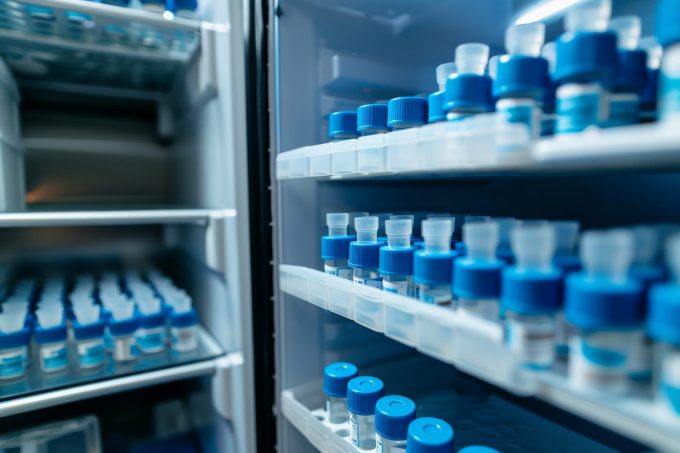No relief in sight for congestion issues at North Europe's container ports
Maersk has seen “disproportionately high growth” on intra-Europe trades in both capacity and market share, ...

Reducing air transport’s emissions is a pivotal decarbonisation strategy for pharma shippers, a Maersk study has claimed.
According to the Global Logistics Emissions Council (GLEC), emissions intensity is 150 times larger for air freight than ocean, at 1,060 per tonne-km versus 6 per tonne-km.
“This ...

Comment on this article